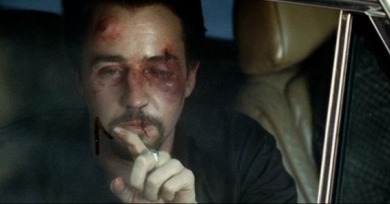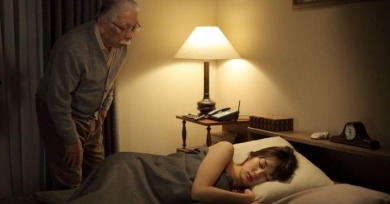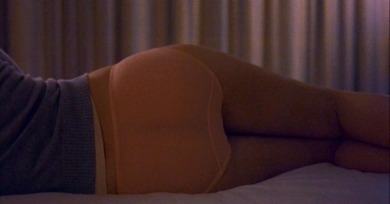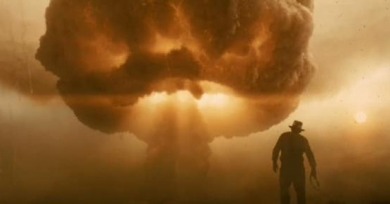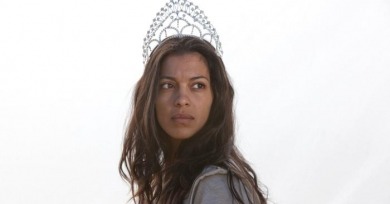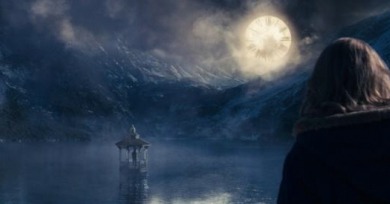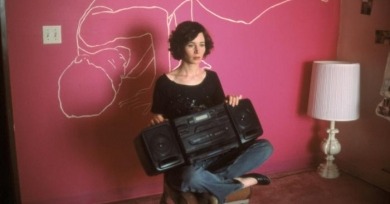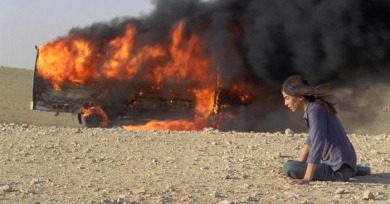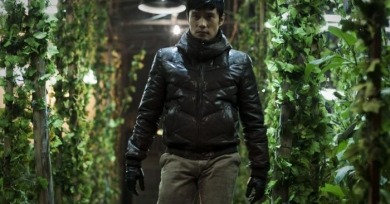David Ehrlich
Lee isn’t particularly famous for keeping his emotions in check, but if 25th Hour is an angry film, it isn’t caustically so. Here, Lee’s anger isn’t righteous or revelatory; it’s mournful, understanding, and desperate for expression.
Kiarostami’s films are imbued with a rare emotional lucidity, and yet they still steadfastly undermine the traditional dynamic of film acting, so that any outward show of emotion is first a representation of that emotion before it can be received as an expression of it.
The shade is confrontational even on first blush, and not much later—after Bob’s wife sends him a trans-Pacific package of barely differentiated carpet swatches—Coppola uses incident to confirm our suspicion that the color in her film is expressly communicative.
For over four decades, Spielberg has obsessively struggled to reconcile the opposing ideals of the modern man.
Up until now, Mexican director Gerardo Naranjo’s movies have seemed more devoted to energy than content.
His approach has worked well for stories predicated upon their visuals, sagas that relied on plot and only flirted with abstraction, but when it came to adapting The Lovely Bones Jackson’s insistently literal approach resulted in both the worst film of his career and a fundamental misuse of his beloved medium.
It can be difficult to identify, but almost every film in which Los Angeles plays itself features a moment wherein it’s suggested to the audience that the movie is actually set in Hell.
Denis Villeneuve’s Incendies—an operatic saga of intergenerational woe—is the cinematic equivalent of a Harlem Globetrotters game, with brazen contrivances and a preordained outcome repurposed as dazzling spectacle.
Kim Jee-woon is stuck. The emerging Korean auteur may have transcended the boundaries of his national cinema (his next film is supposedly an English-language thriller for Lions Gate), but for all the implacable velocity of his films, Kim remains stilted by his obsession with the peripheries of genre.
